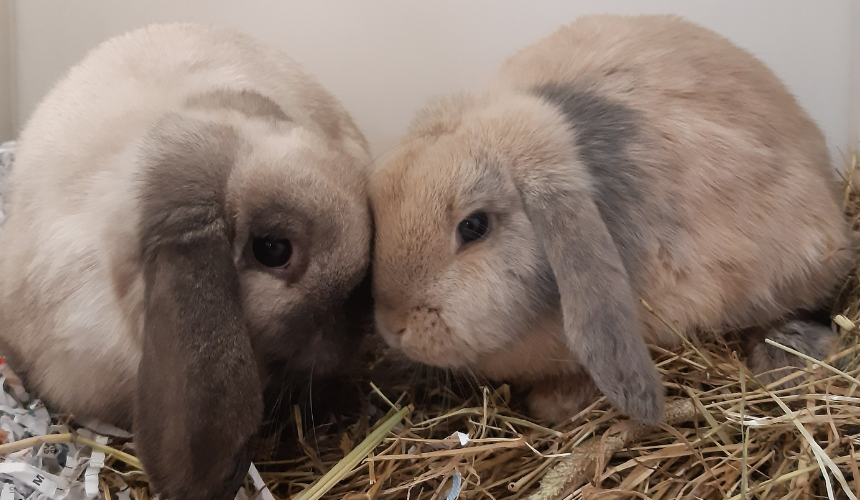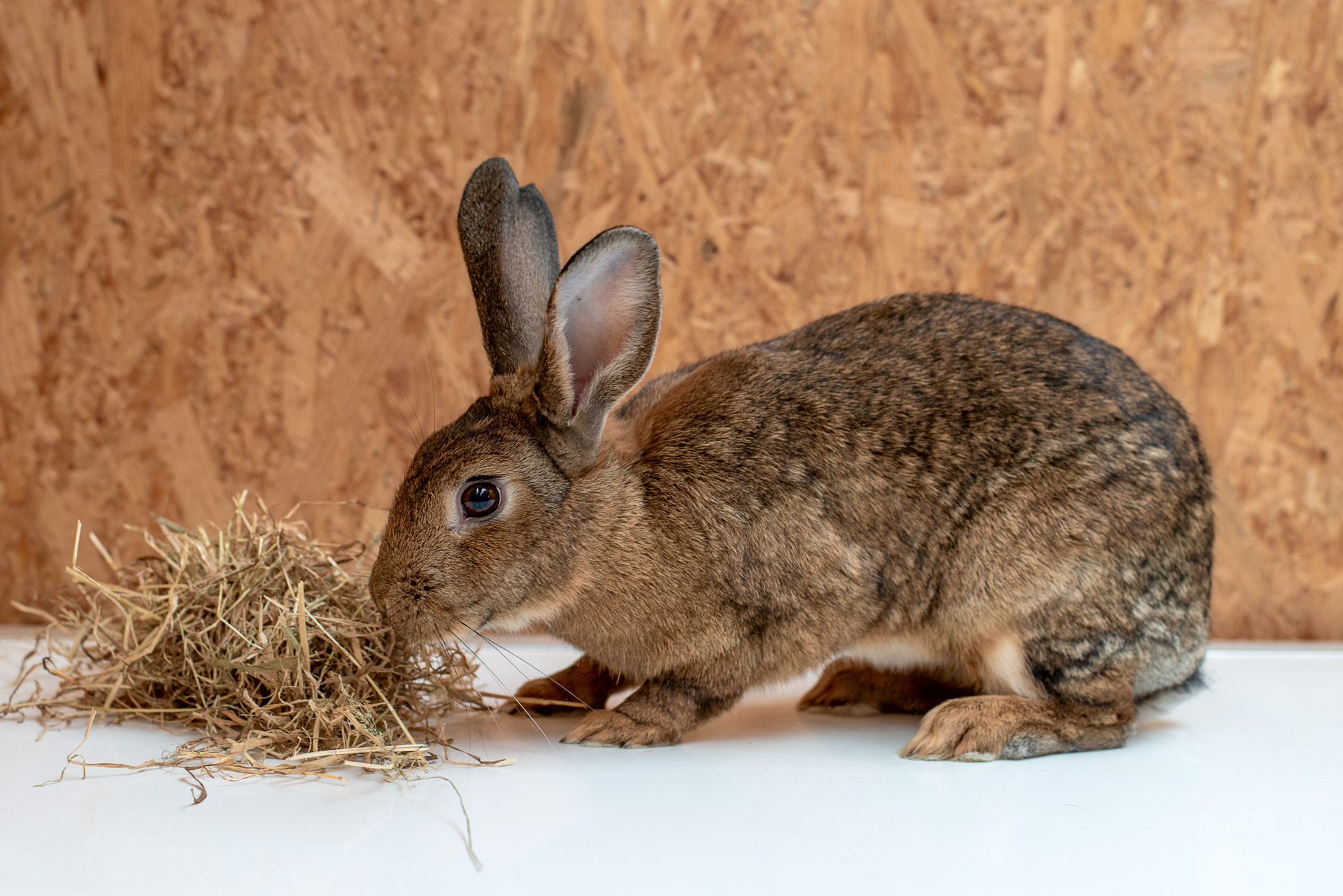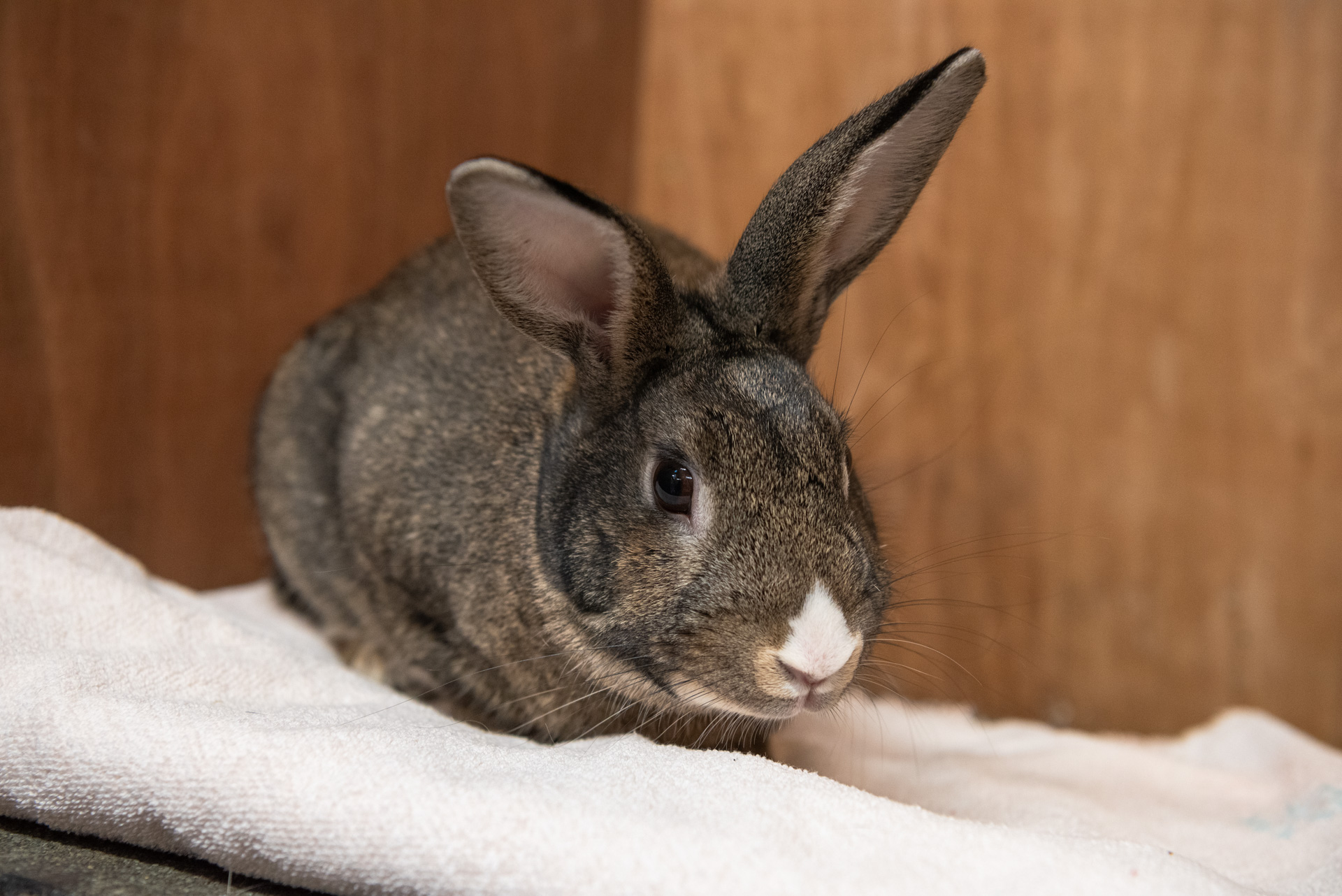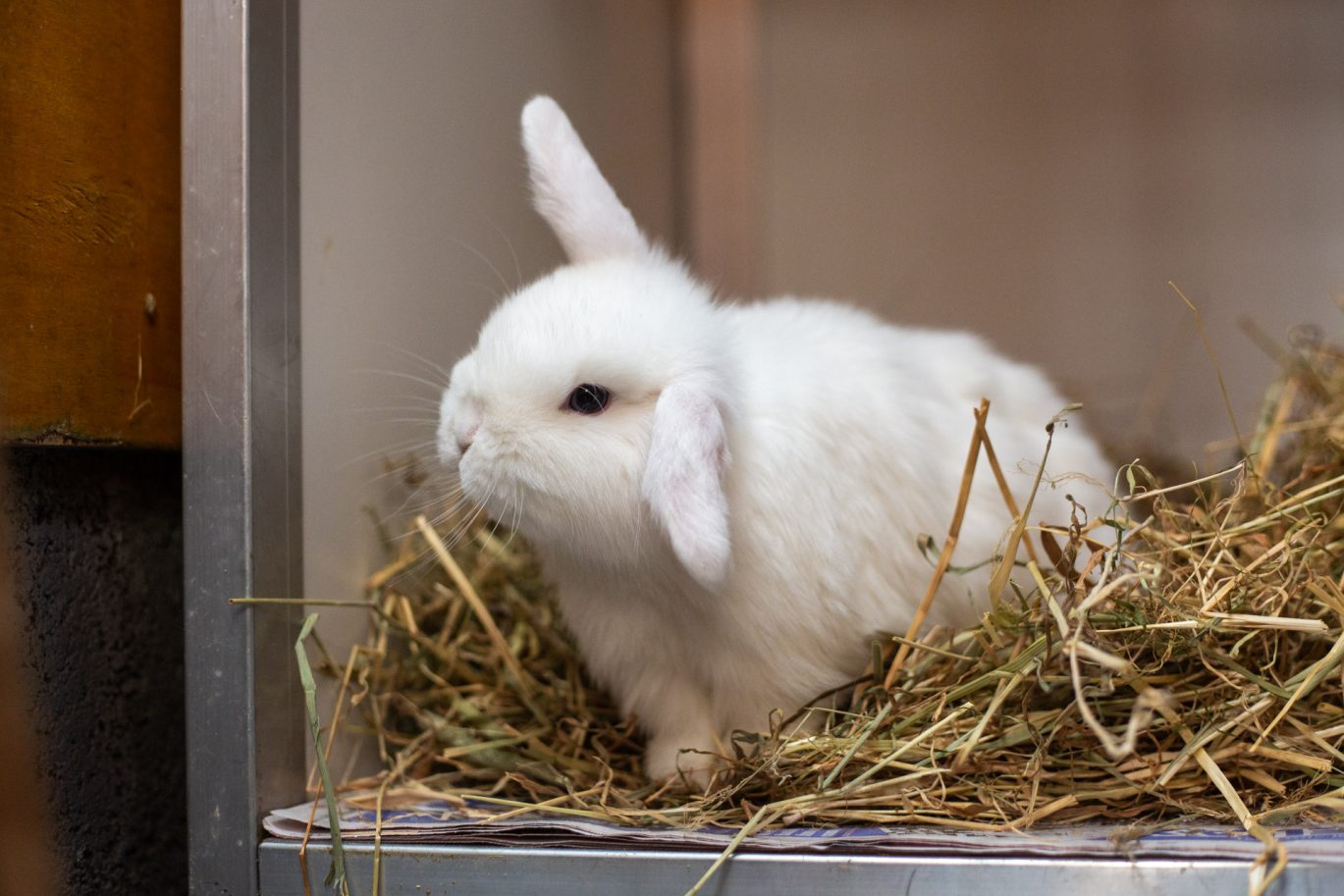
Do Rabbits Hibernate?
Wondering whether your furry friend heads to sleep for the winter? Read on and find out about your rabbit’s winter habits.
Do rabbits hibernate in the winter?
As the winter months creep in, many animals begin preparing themselves for a long snooze to withstand the colder months, however, rabbits have their own way of coping. It’s often thought that rabbits hibernate – however, this is a myth, and whilst they may become less active, they’re still awake and alert.
Why don’t rabbits hibernate?
In order to hibernate, animals must eat a lot in preparation to conserve energy whilst they’re sleeping. Rabbits by nature are grazers; they eat frequently, meaning they can’t hibernate for months without food.
Do wild rabbits hibernate?
Wild rabbits follow the same habits as their domesticated counterparts. They become less visible in winter as they burrow underground for warmth and often stay there for periods of time. This is why people believe they hibernate along with other animals.
How does the cold affect your pet rabbit?
You may notice some changes in your rabbit during the colder months. Their coat may appear fluffier as it grows thicker for winter and their appetite might increase as they burn lots of calories trying to keep warm. You also may find your pet snuggled in their bed more often, being slightly less active than usual. This is normal in winter, but if you notice any other unusual, worrying symptoms then contact your vet to be safe. If you have more than one rabbit, you may also find them cuddled together to stay warm.
Preparing your pet rabbit for winter
If your rabbit usually lives outside you will need to take some precautions to make sure they stay dry and warm during the winter months.
Make sure their home, and their exercise area, is safe and up to standard before the cold weather sets in. Check for damp spots or water marks and have these repaired, as well as double checking their locks or bolts are secure.
You could also raise their home around four inches above the ground to ensure it stays dry, reducing the risk of rotting.
Keeping a good stock of dry hay or straw, and newspaper, will help keep your rabbit’s home insulated.
How to look after pet rabbits in winter
Your furry friend will need some extra love and care whilst the weather is cold and damp.
You should take certain measures for both indoor and outdoor rabbits such as: keeping them out of the way of draughts and sudden temperature changes, continuing to stick to regular feeding times, and ensuring they are still exercising. You can also feed them more leafy greens and herbs as they won’t be eating as much grass and greens during the winter.
For rabbits who stay outside, make sure their home is sheltered from strong winds and rain by insulating the sides with a special cover, old carpet, or blankets and a waterproof cover on top. Also ensure it’s well-ventilated and add extra bedding in the sleeping area. By adding newspaper underneath their bedding, it can soak up any moisture and is a great insulator. If their bedding is wet it can freeze which is not comfortable, or healthy, for your rabbit.
Outdoor rabbits should have constant access to water all year round, but especially in winter as they are not getting moisture from grass and veggies as much. Double check that their bottle is not frozen if temperatures drop. You can buy special bottle covers to stop this from happening. You should also check their food every day in case it’s frozen or frosty.
If your rabbit’s exercise area is separate to their home, then creating tunnels from one to the other that are dry and sheltered will help them stay warm and encourage them to go and play. Also cover the exercise area with a waterproof cover.
If you’re worried about freezing temperatures, you may want to move your pet rabbit inside. You could move them to a shed, an outhouse, or an unused garage (as the car fumes can be harmful for rabbits). Don’t move them to a greenhouse however, as temperatures can change drastically in this environment, becoming too hot or cold. If these spaces have a window for natural light, that’s even better.
If you’re moving your pet to an unheated indoor space, pop some insulation on the top and sides of their home, and if it is heated, then keep them away from direct heat and wires. Having a thermostat in this space can help you make sure that it’s at the correct temperature for your rabbit.
Winter health issues in rabbits
Just like for humans, winter can bring a host of health issues for rabbits, so it’s important to follow the steps outlined above to help them stay happy, healthy, and warm.
The cold and damp conditions can lead to respiratory infections, hypothermia and frostbite. If your rabbit is shivering, becomes lethargic, or stops eating during winter then monitor them and consult your vet.
Hypothermia is where the body temperature drops dangerously low. A rabbit’s normal body temperature sits between 38.3 – 40 degrees Celsius. Symptoms of hypothermia include pale gums, lethargy, cold extremities, shallow breathing and potentially loss of consciousness. Contact your vet immediately if you suspect your rabbit of suffering from this.
Frostbite can also occur if your rabbit’s body temperature drops. If they have cold, pale, or discoloured ears, nose or paws, they may have frostbite.
What to do in a winter emergency
If your rabbit is experiencing any of the symptoms listed above, then bring them indoors immediately and visit your vet as soon as possible. You can also wrap them in a warm, dry towel to try and bring up their temperature. If they’re wet, then carefully dry them with a towel before covering them.
Now you have all the information to keep your rabbit warm and healthy in winter
We hope this advice helps you prepare your rabbit’s home for the winter months and notice when they may be suffering from the cold.
Please consider giving a one-off donation today to help us keep the rabbits in our care warm and healthy over winter.
Did this article help you?
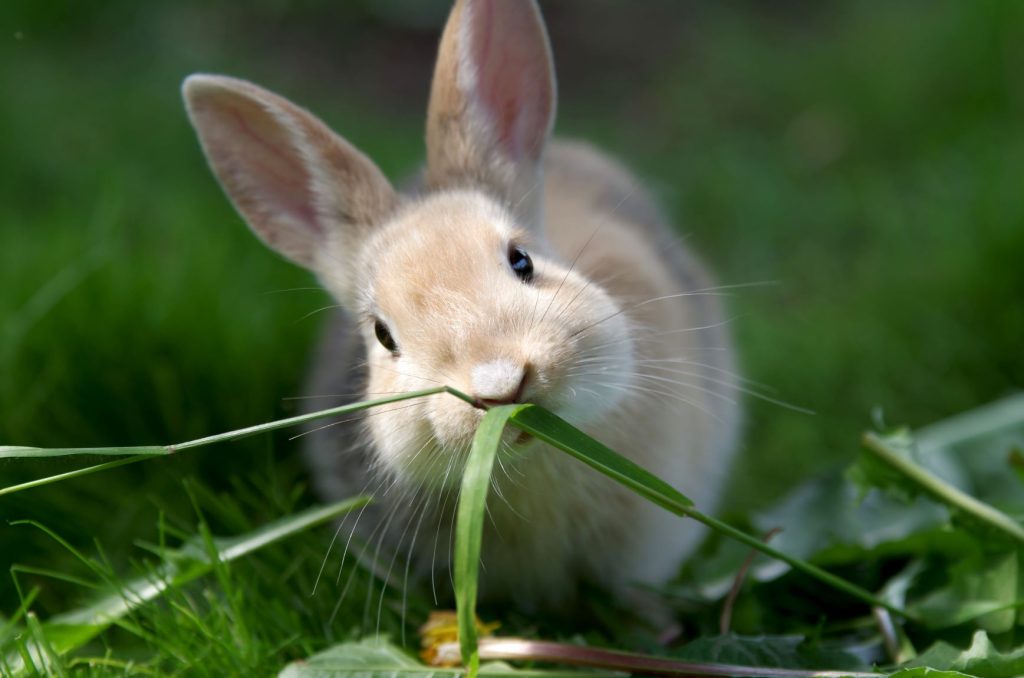
Every £1 helps us support rabbits who come into our care. We can’t do it without you.

Together, we care for them
With your support, we can continue to care for Scotland’s animals every minute of every day. Your donation funds campaigns, research and projects to help give animals the life they deserve. Every £1 matters to all animals in our care.
